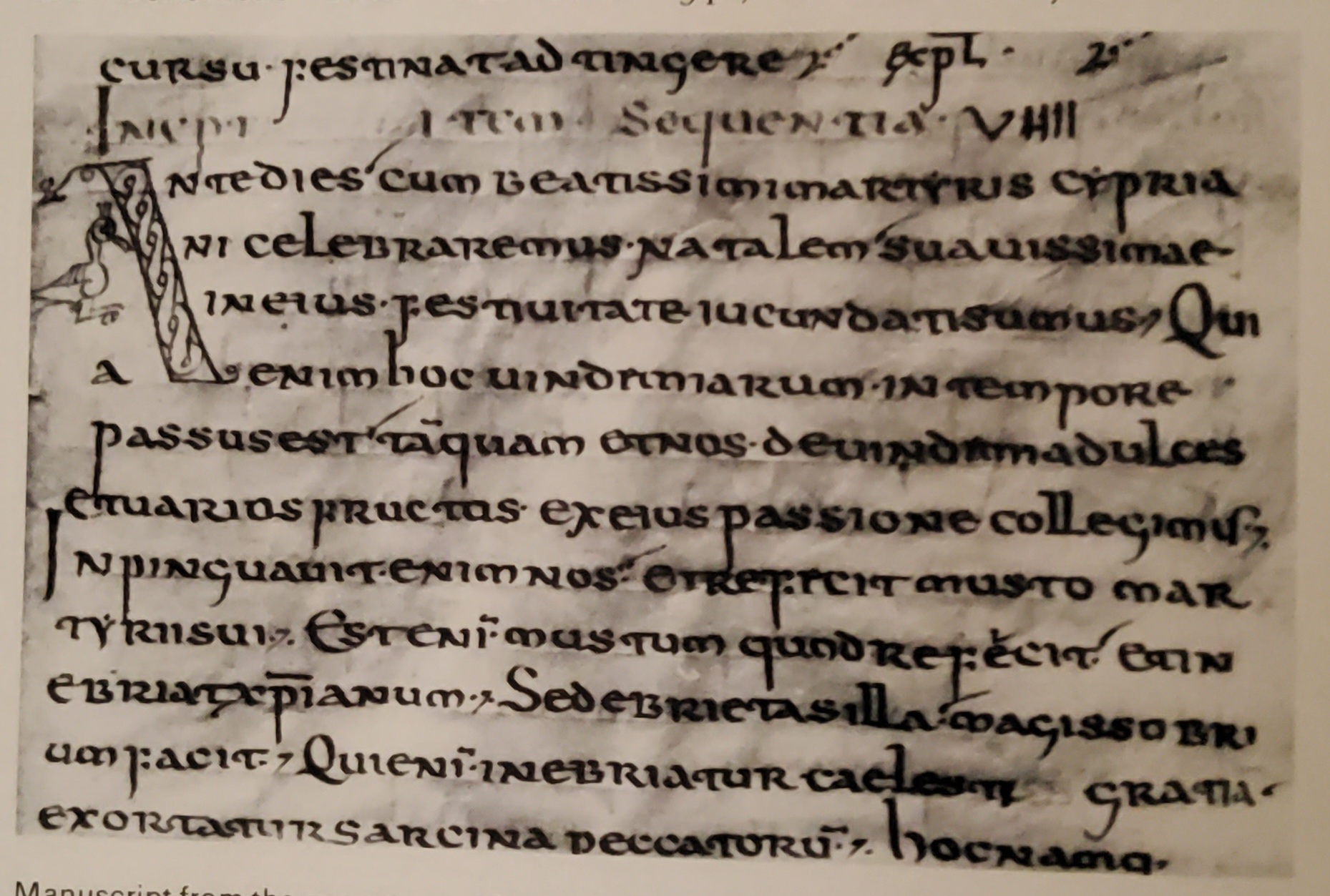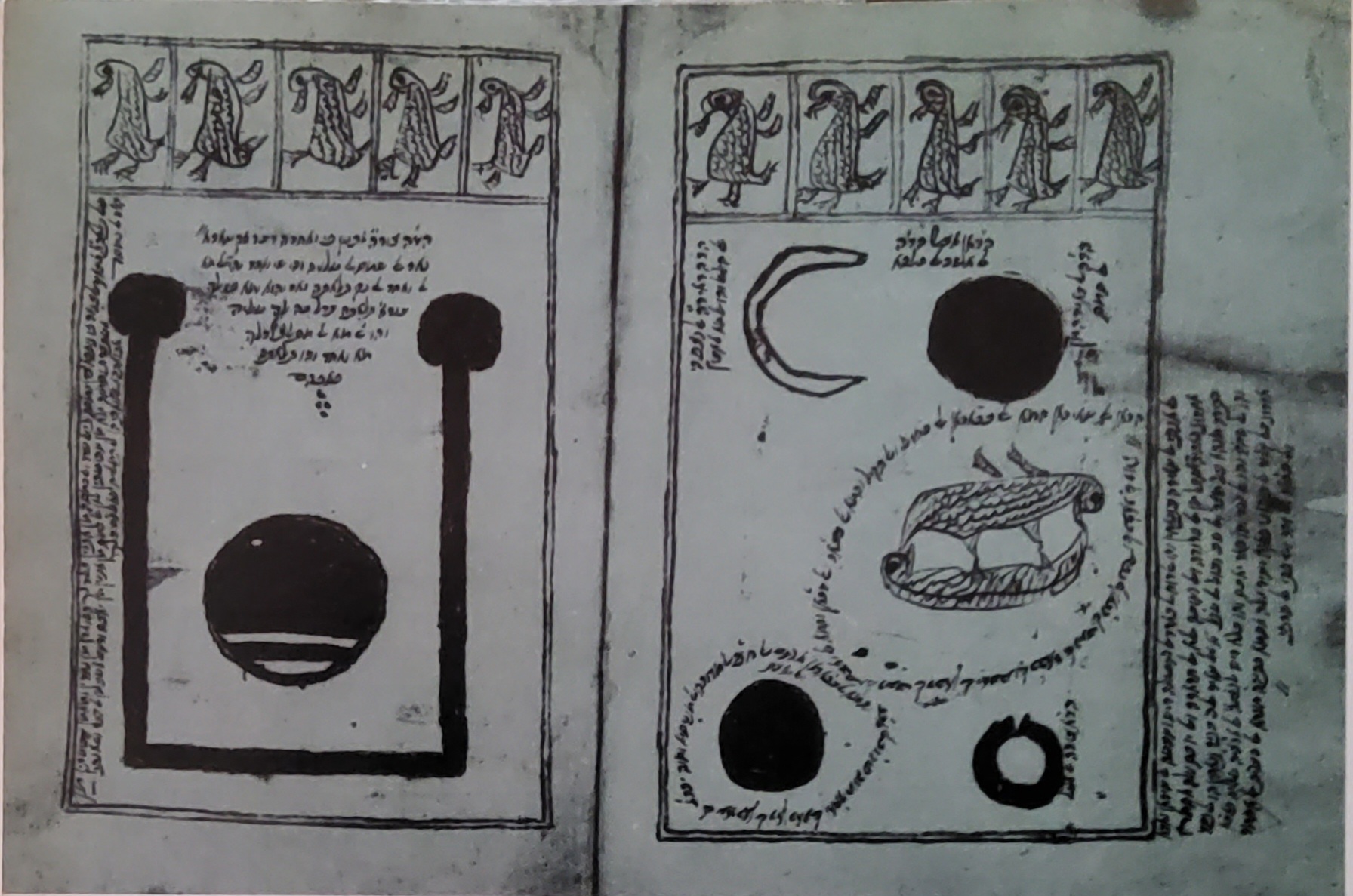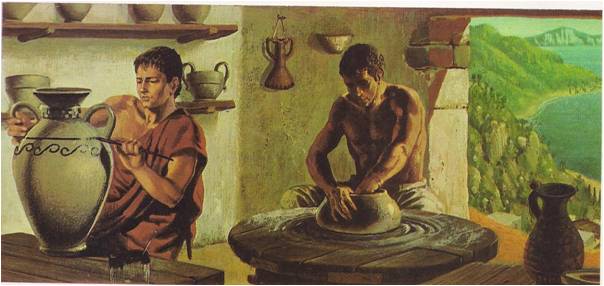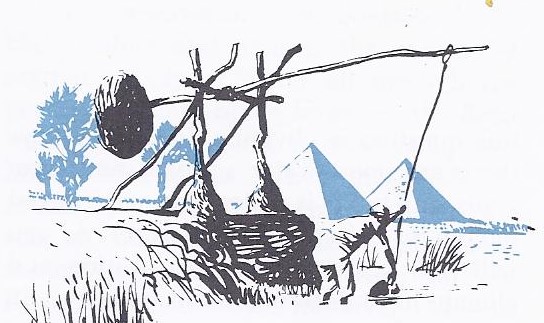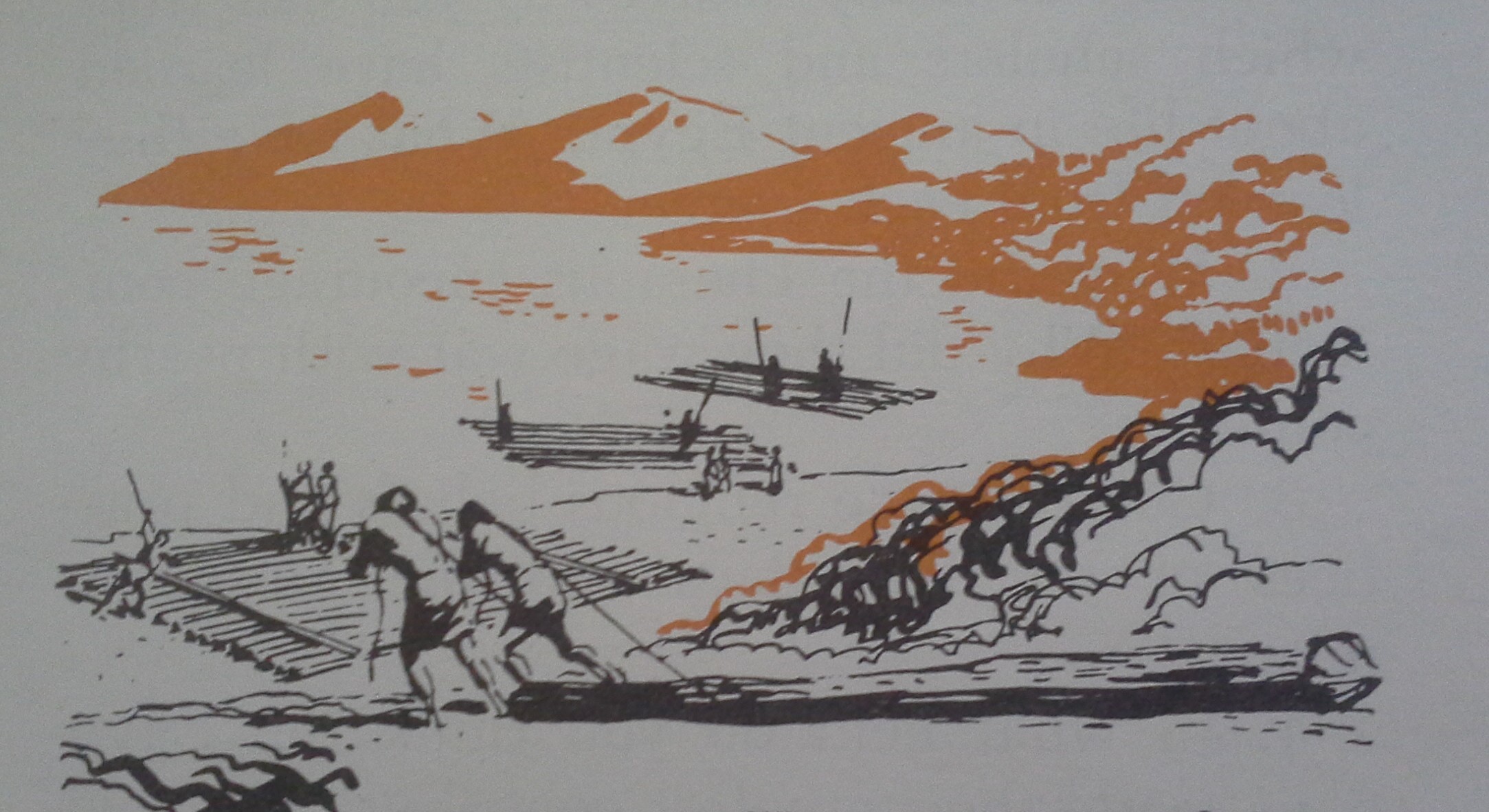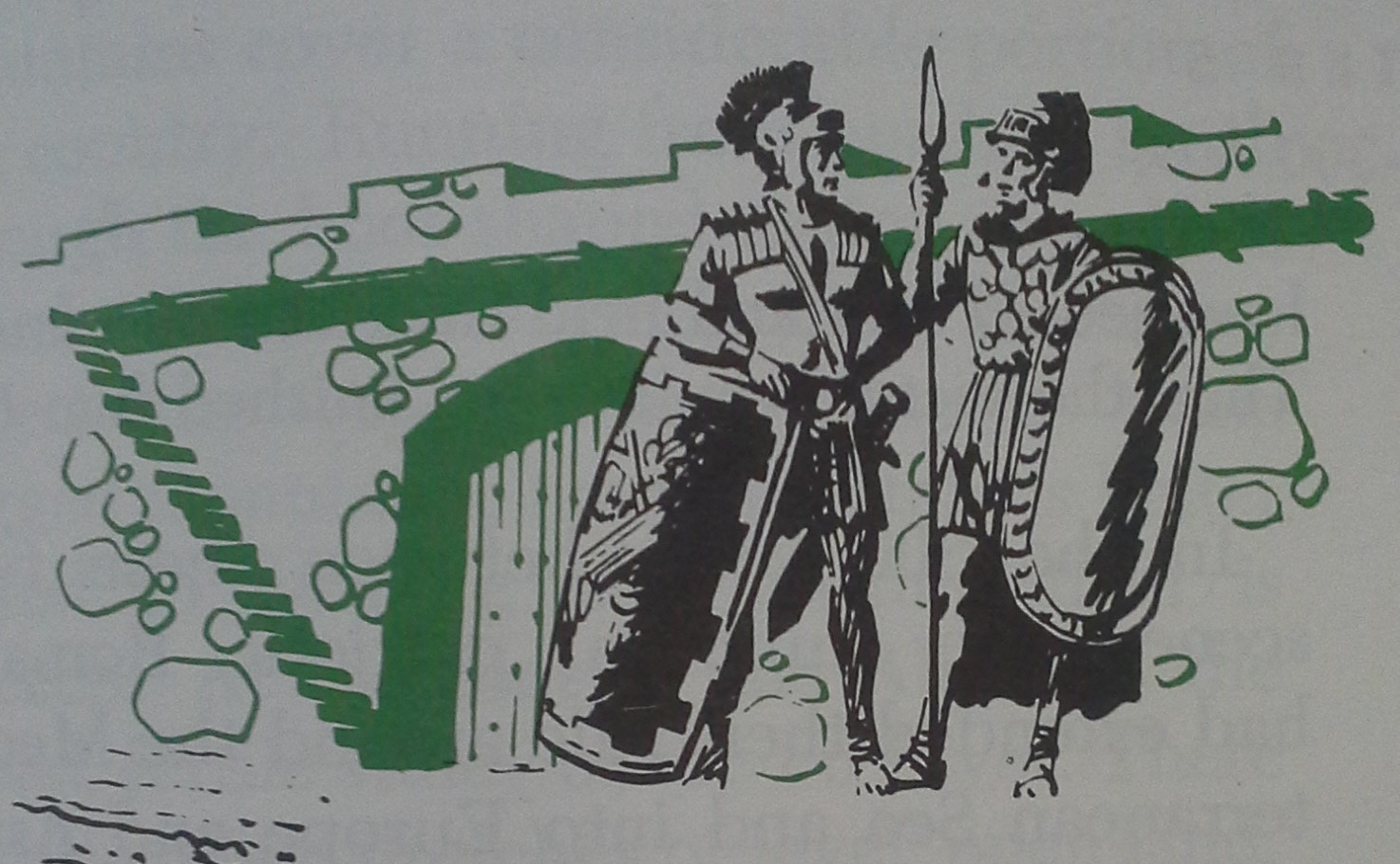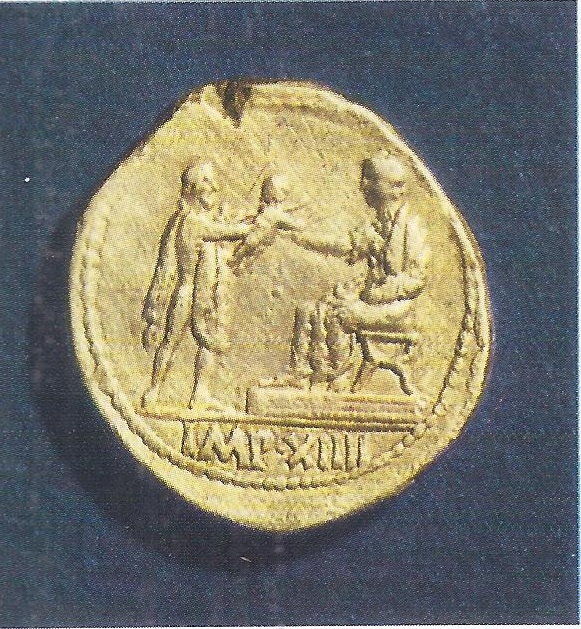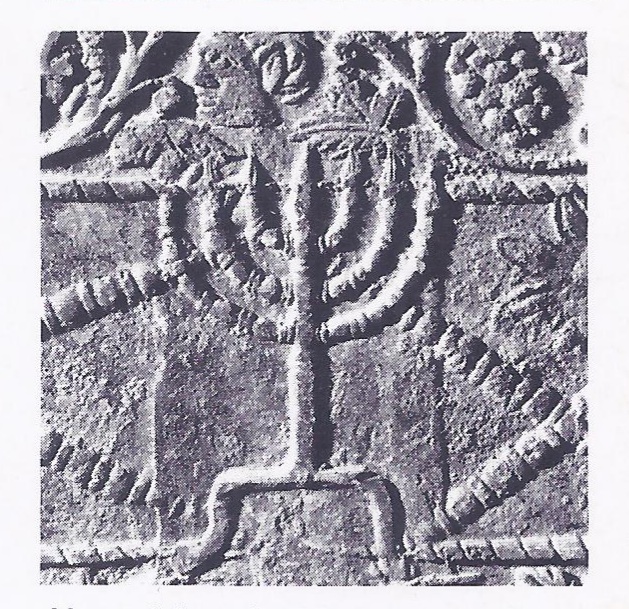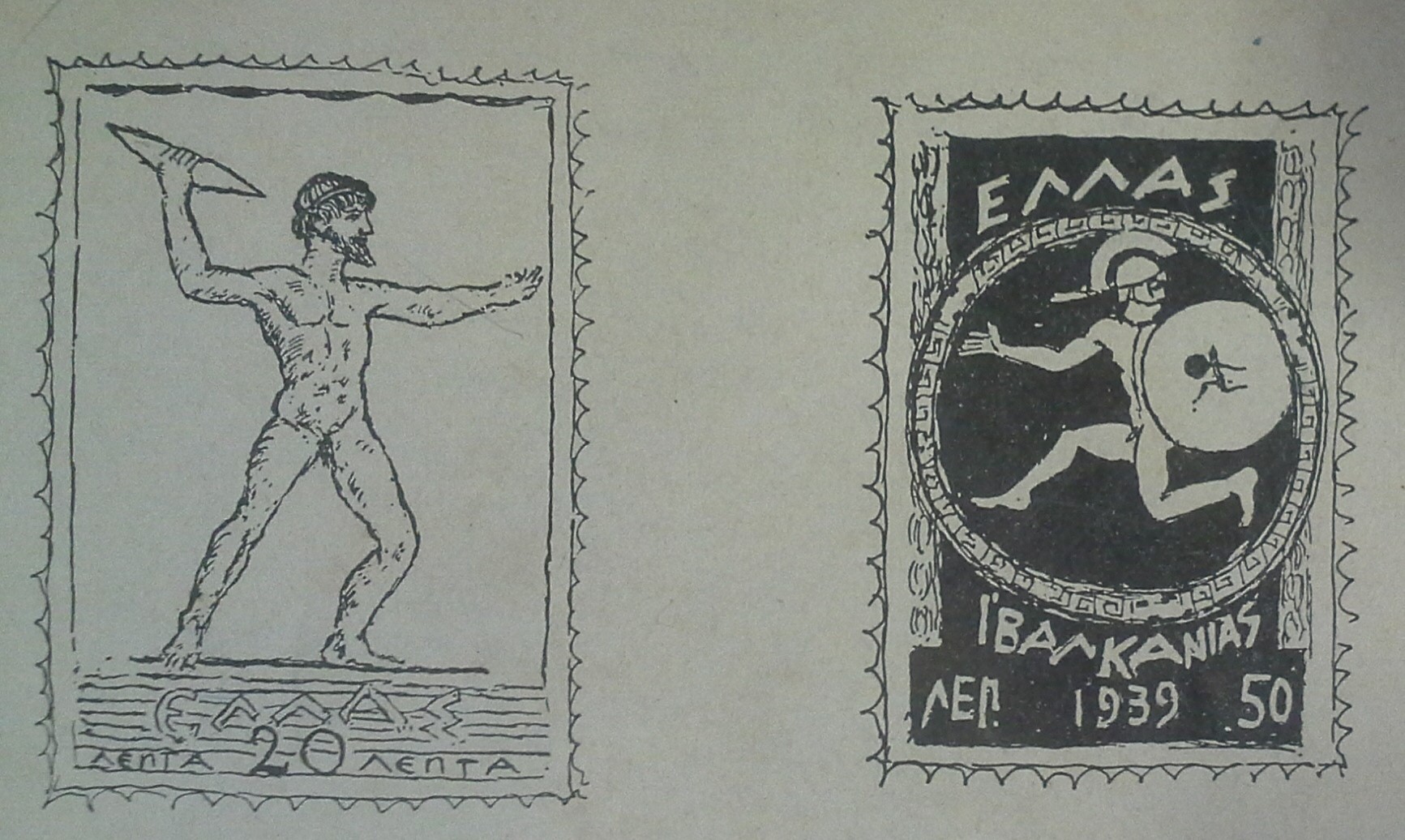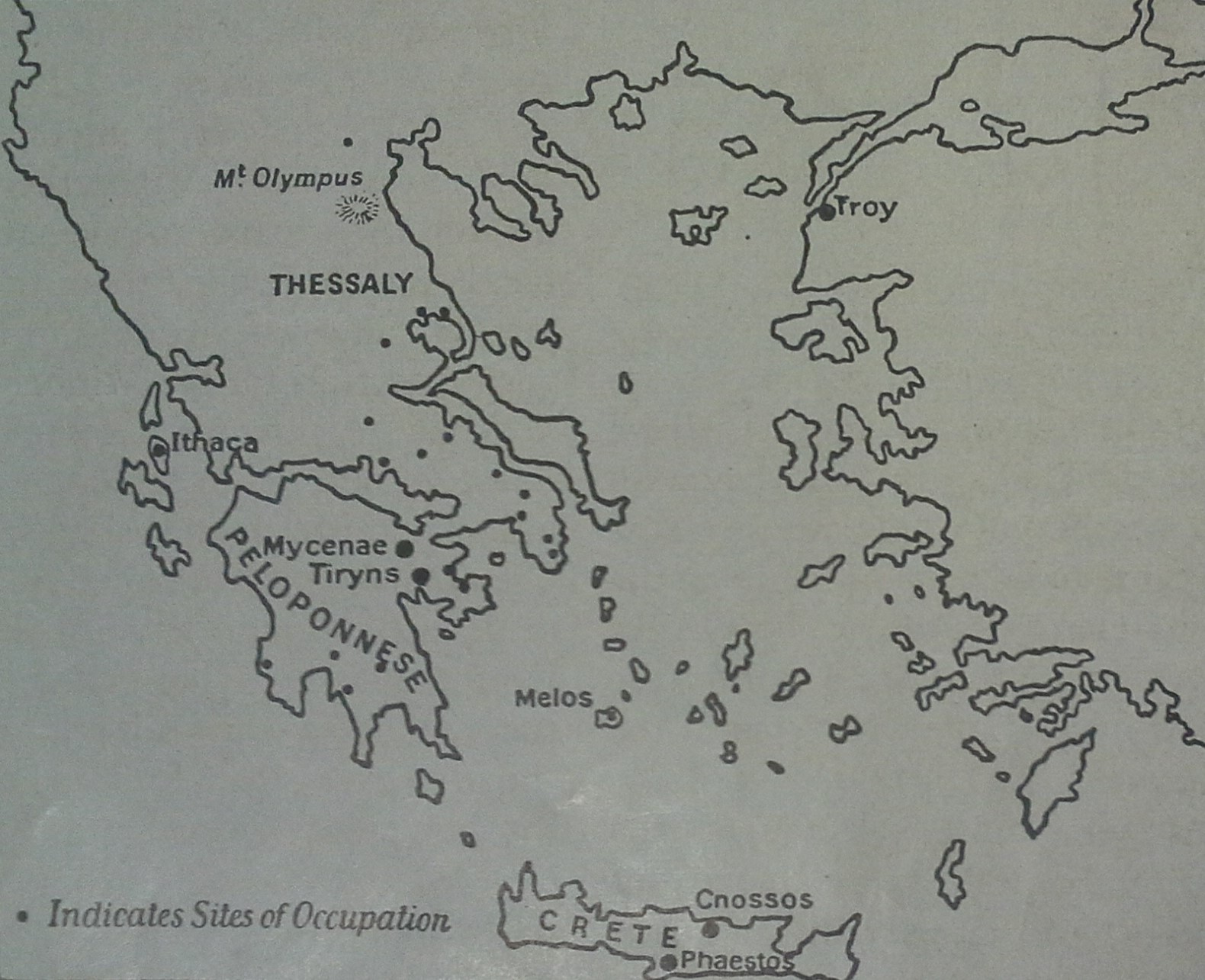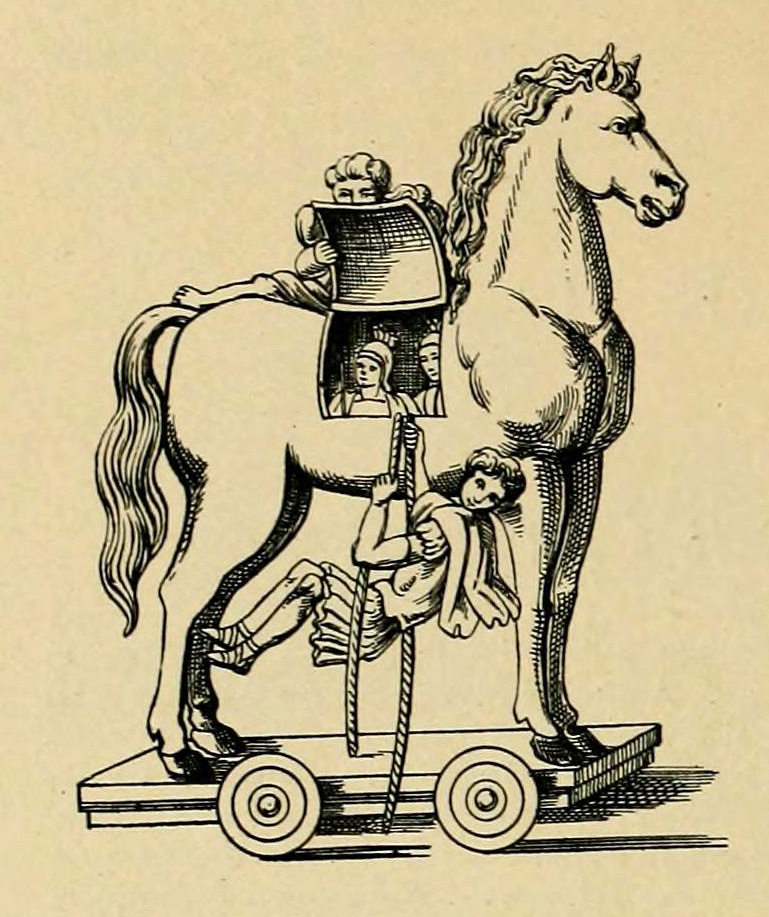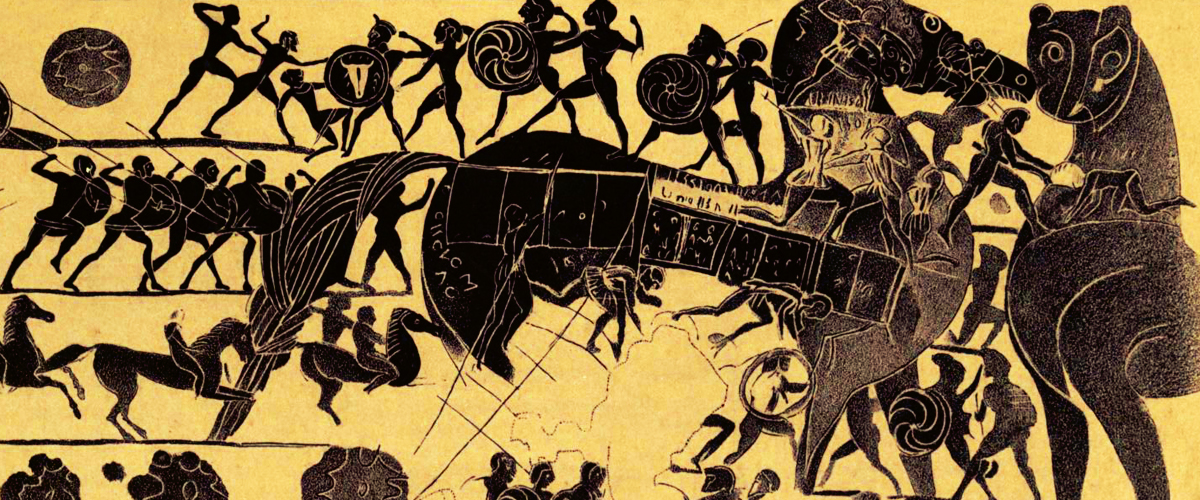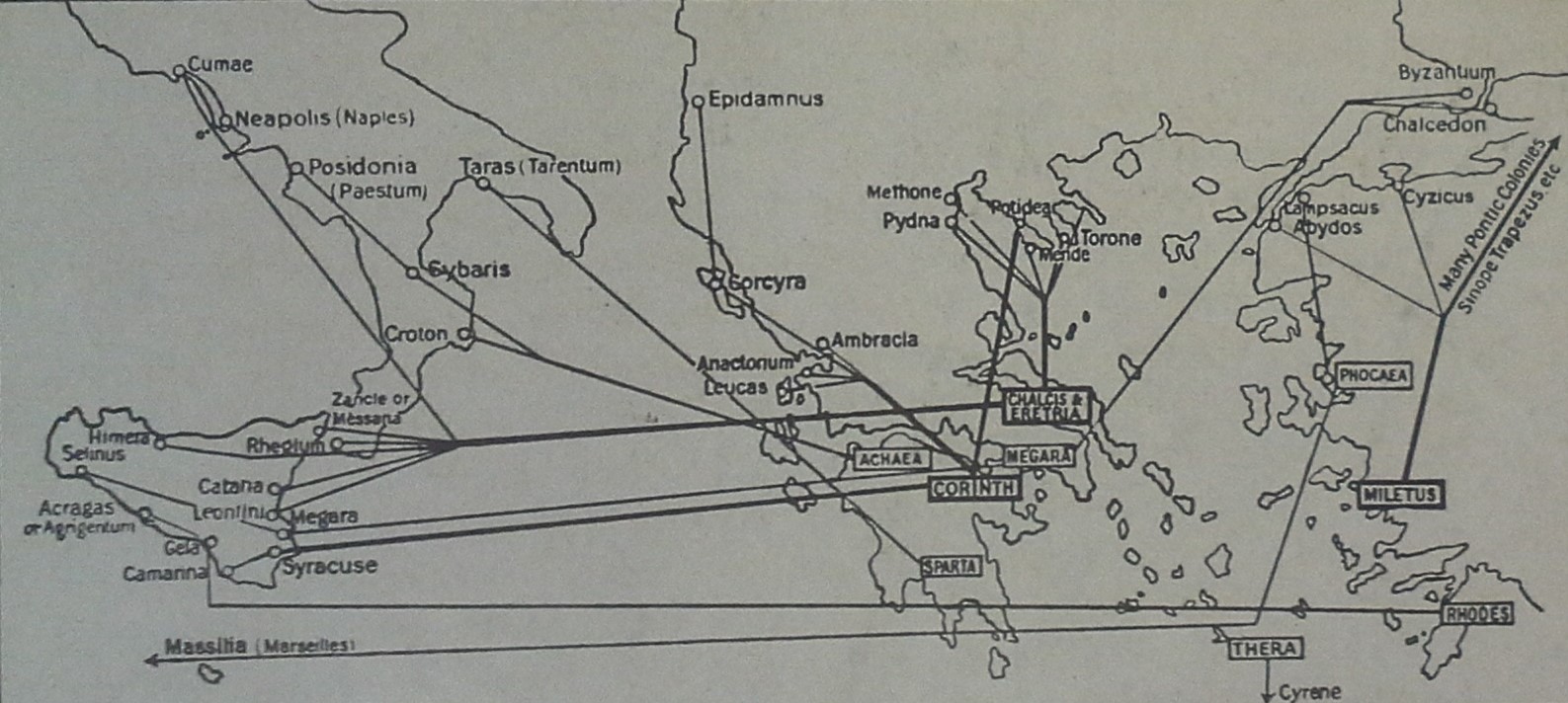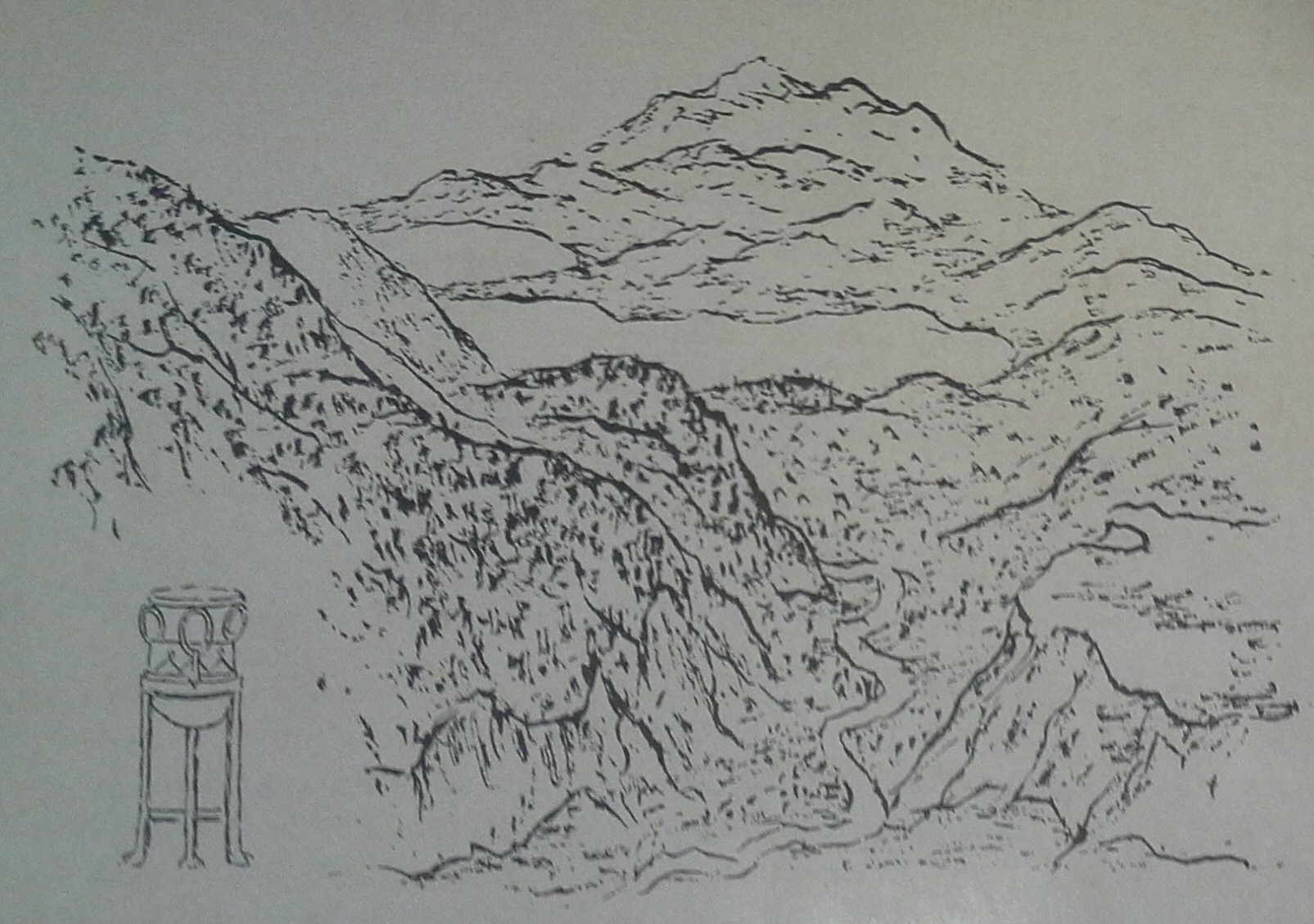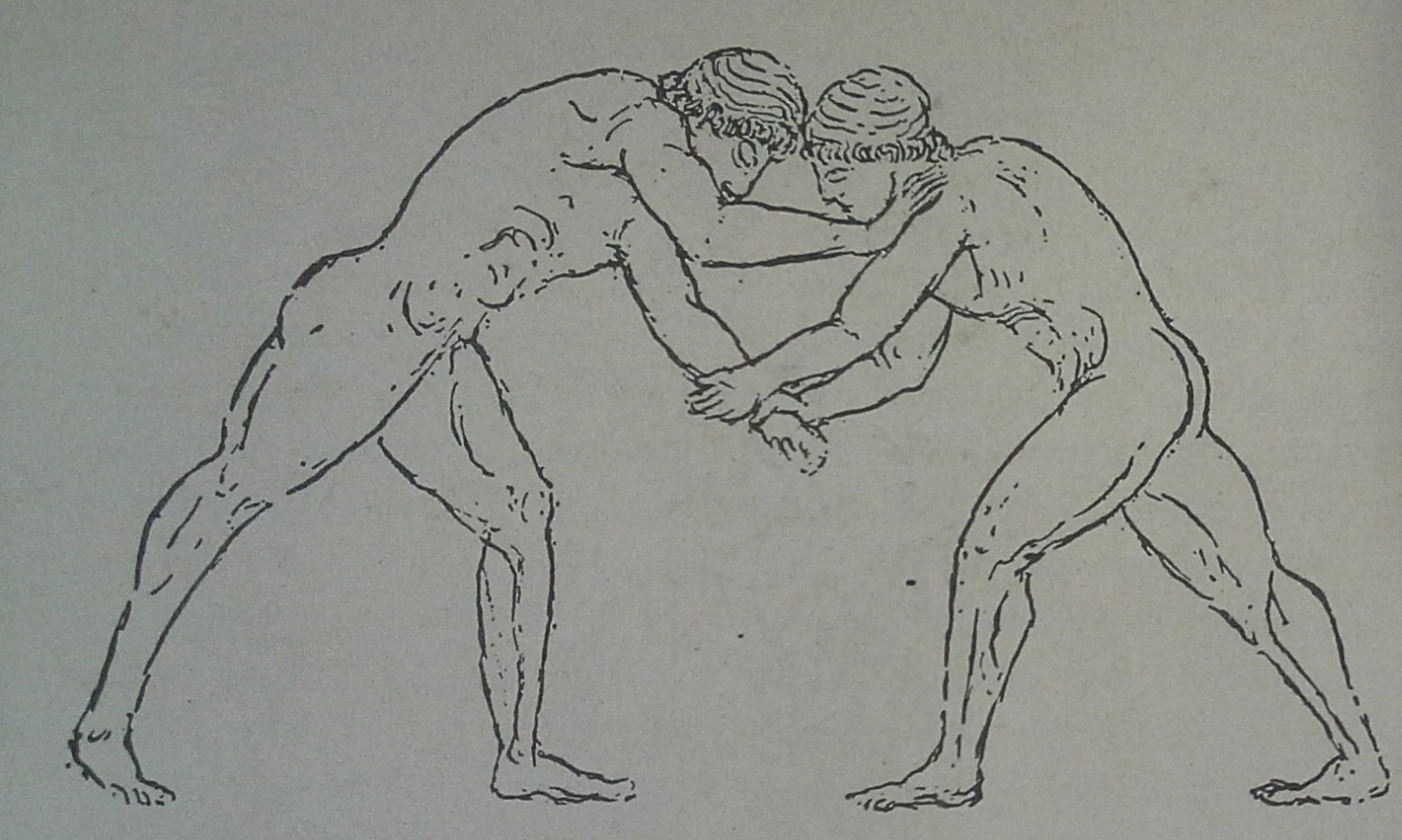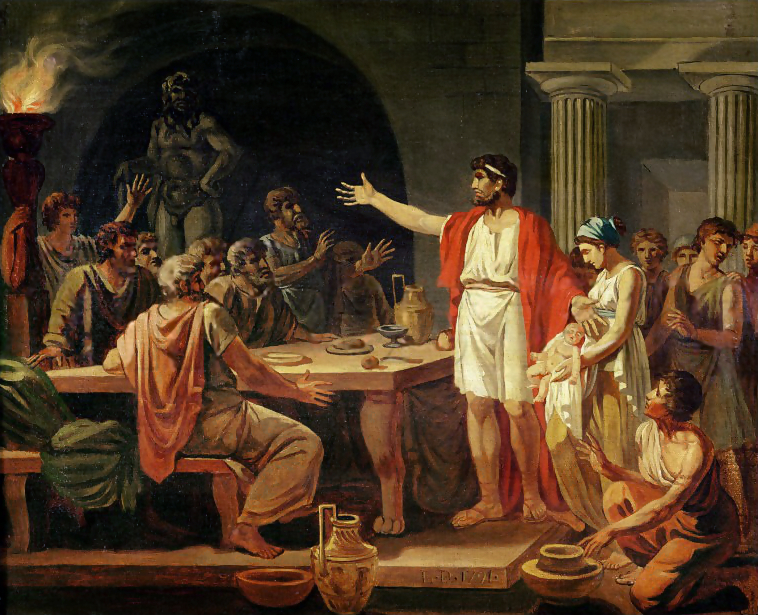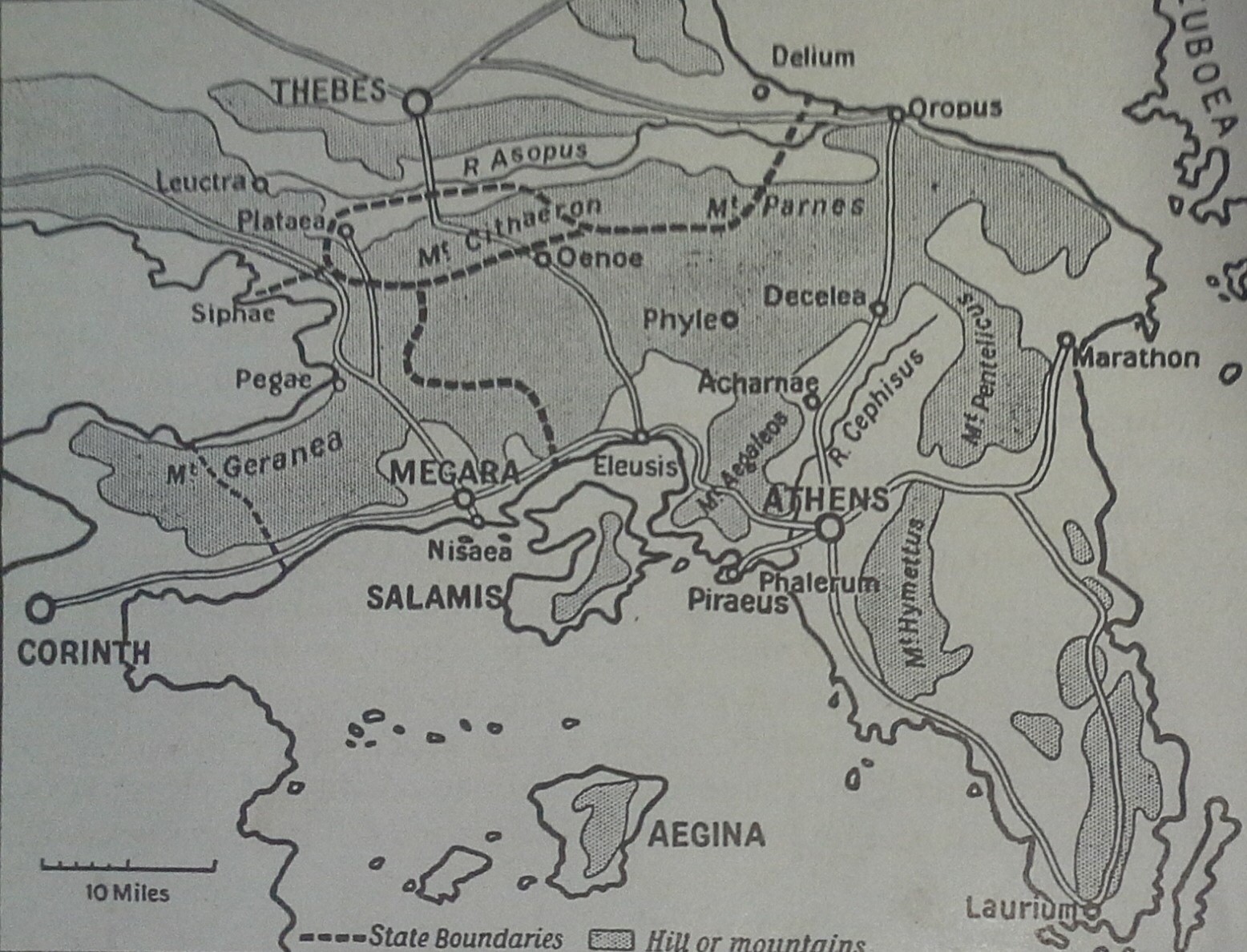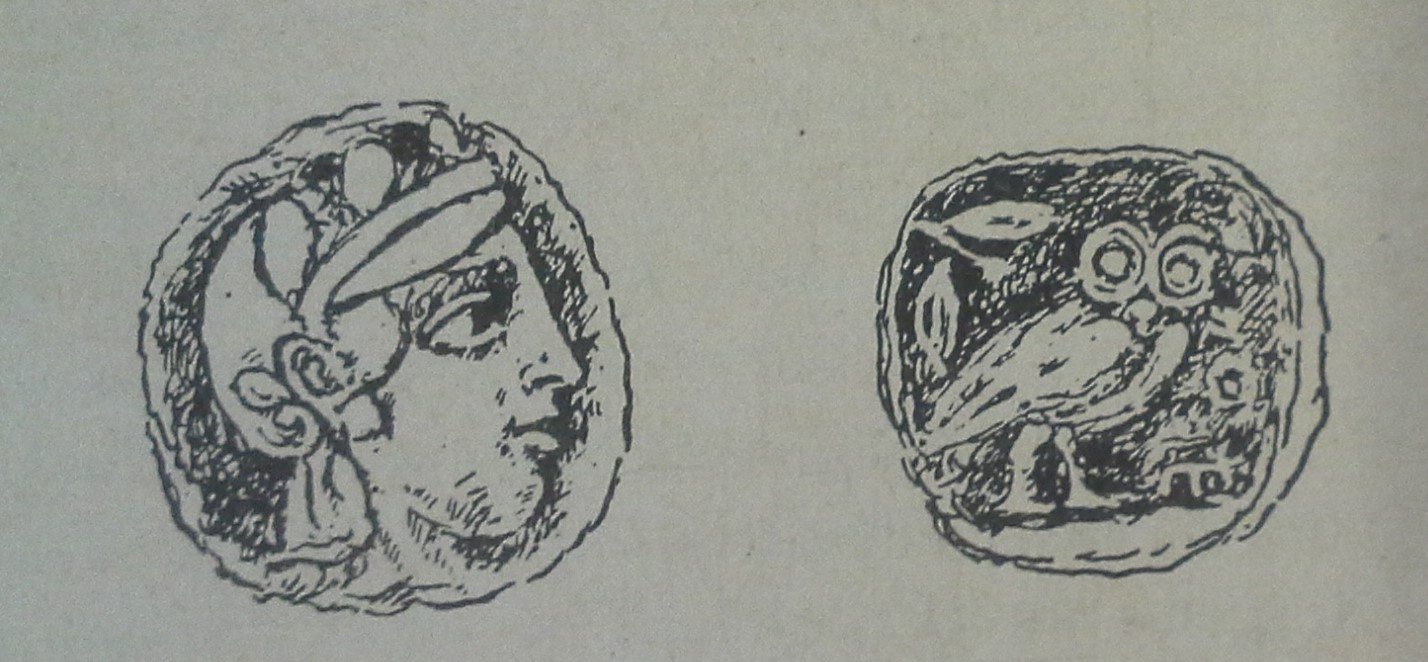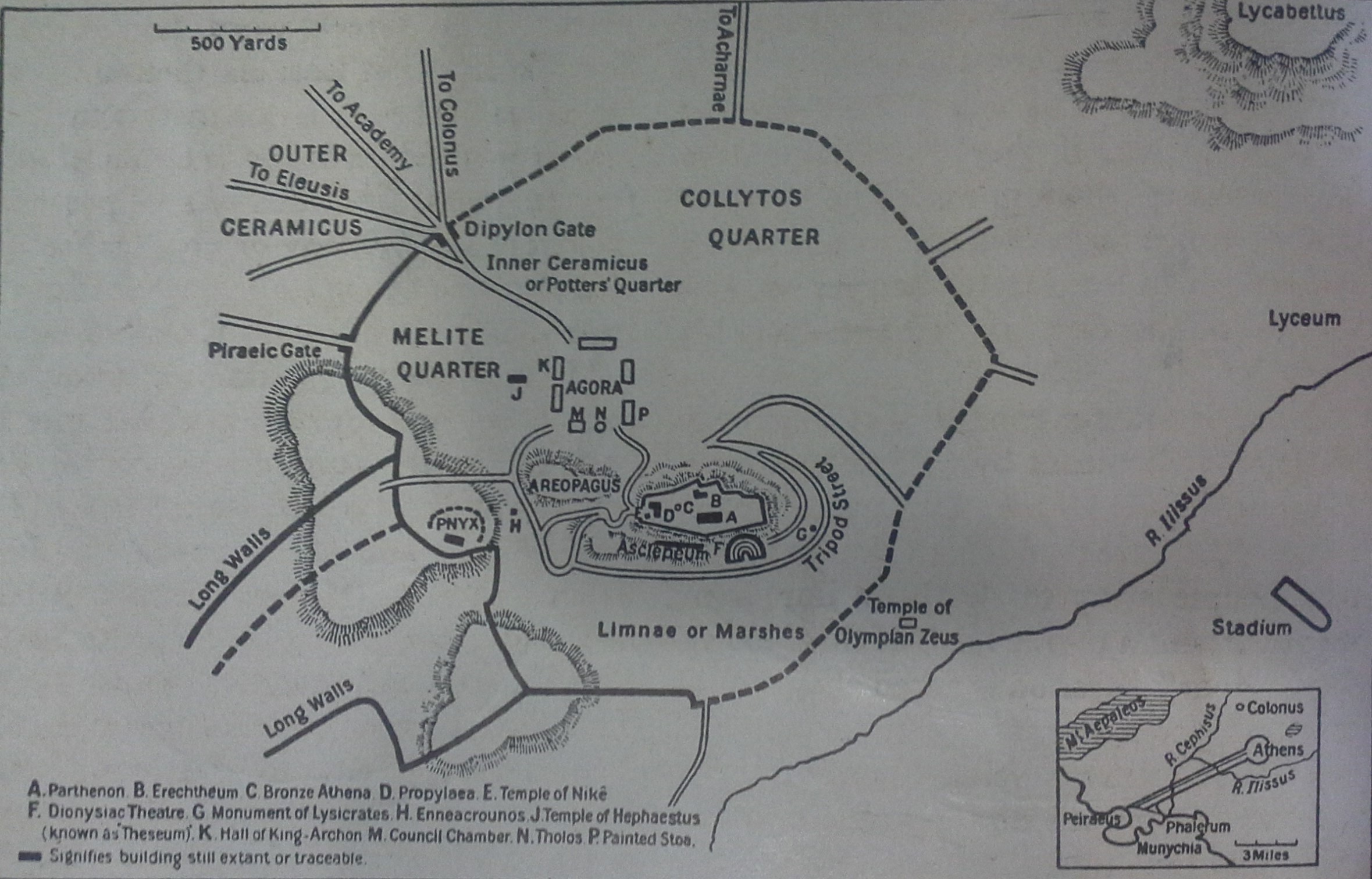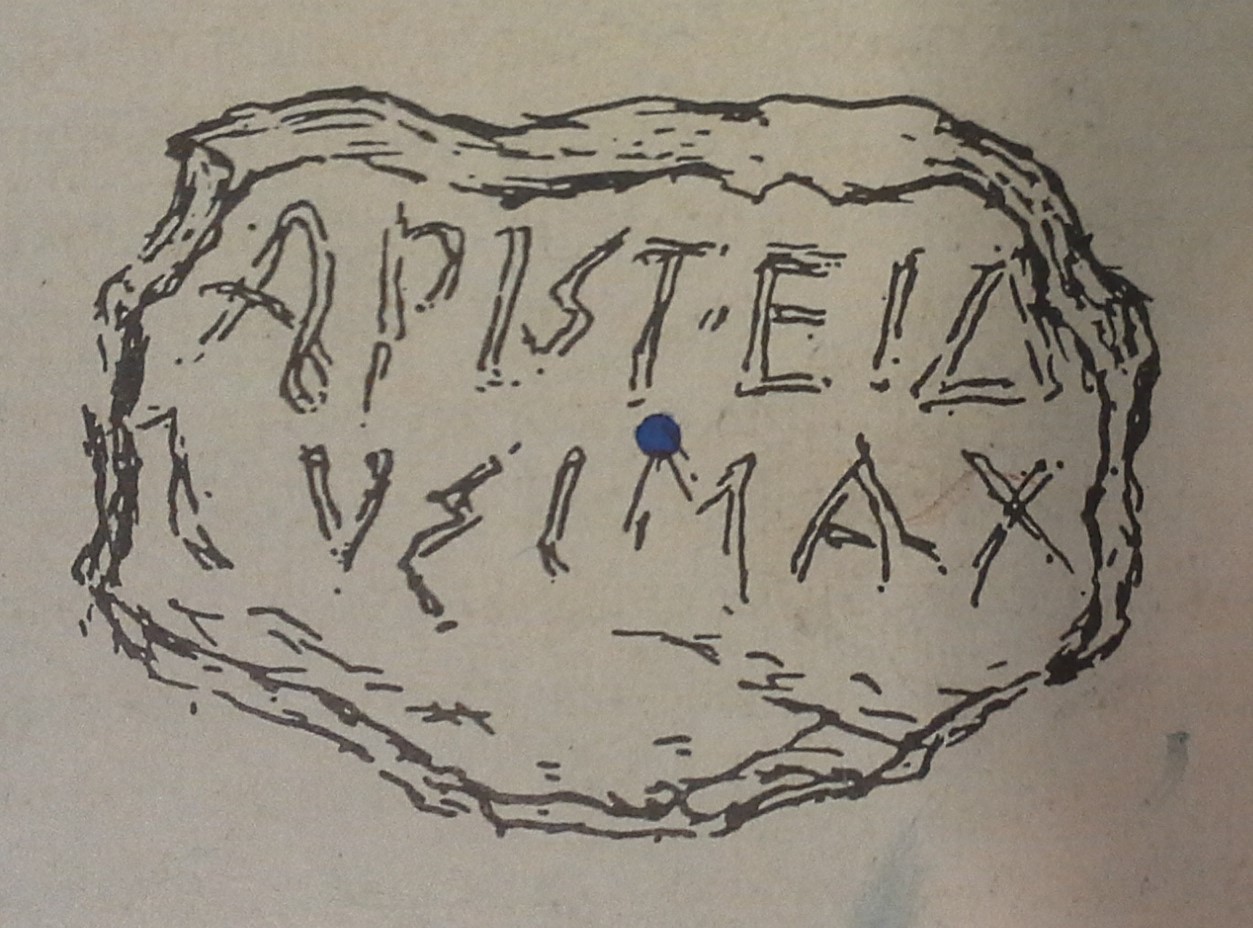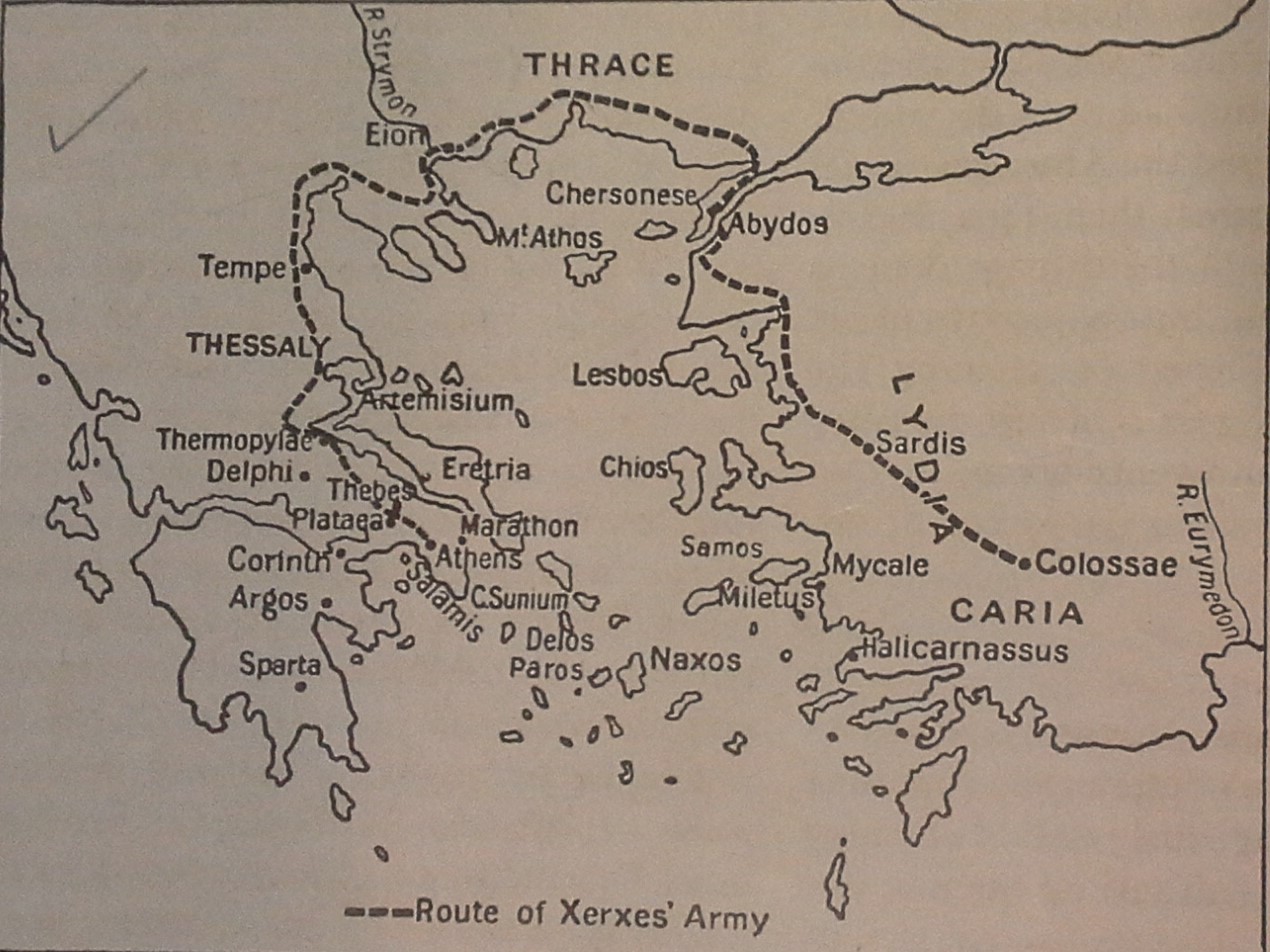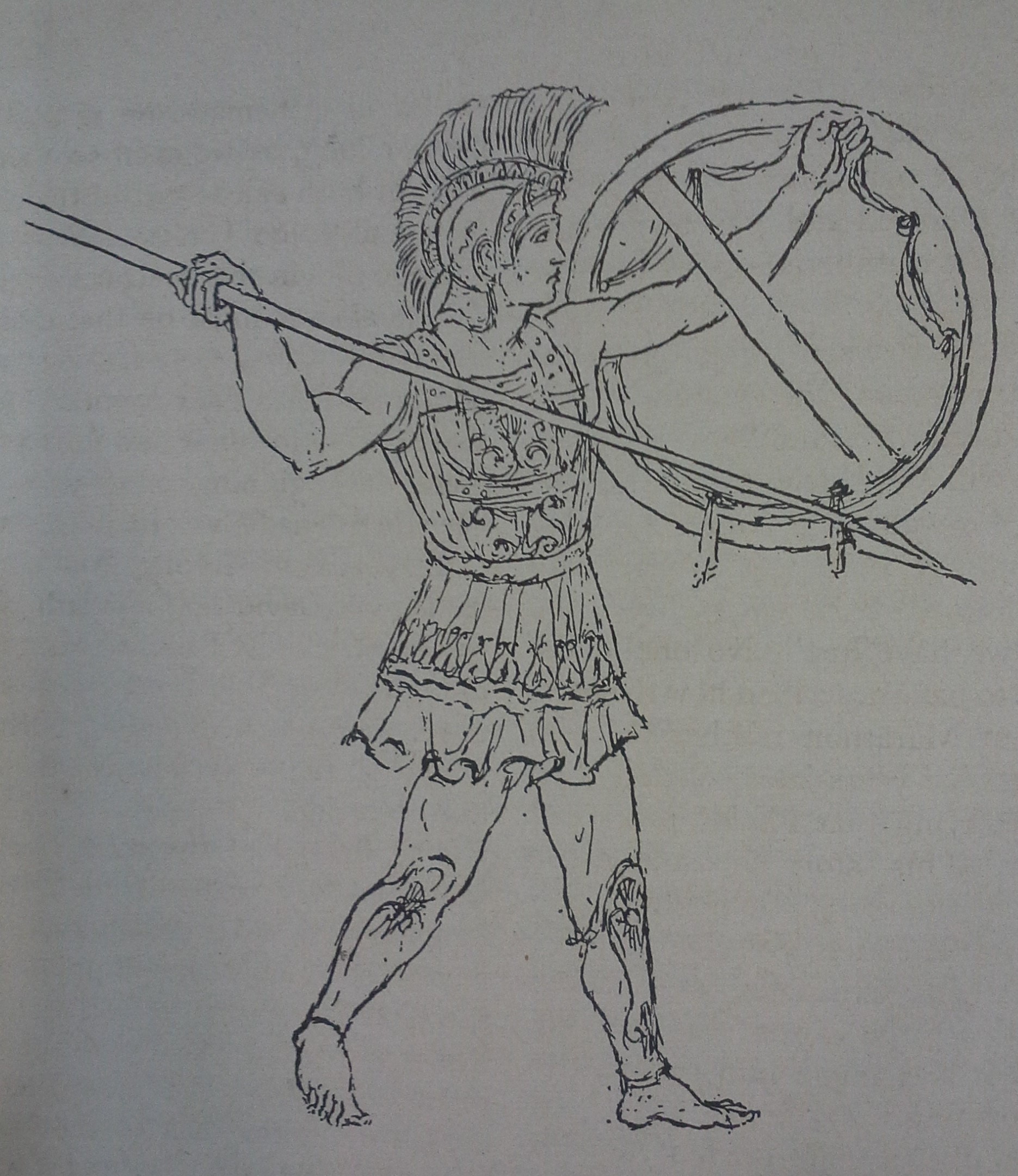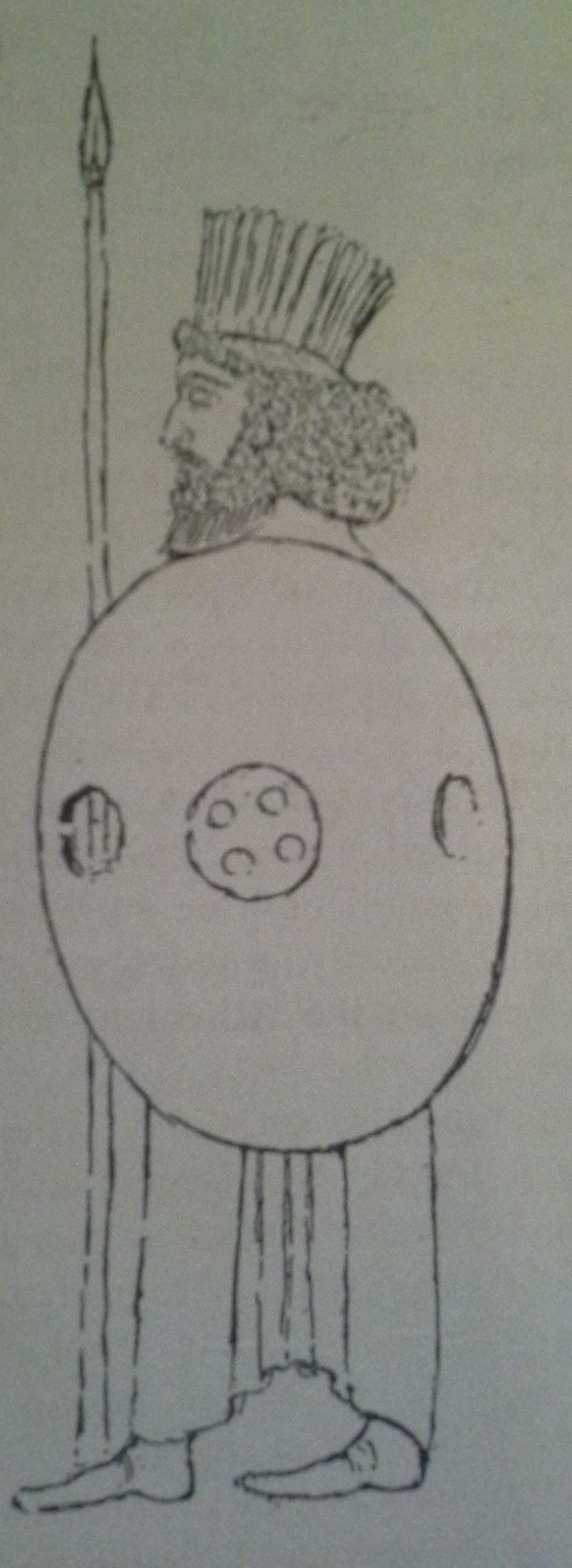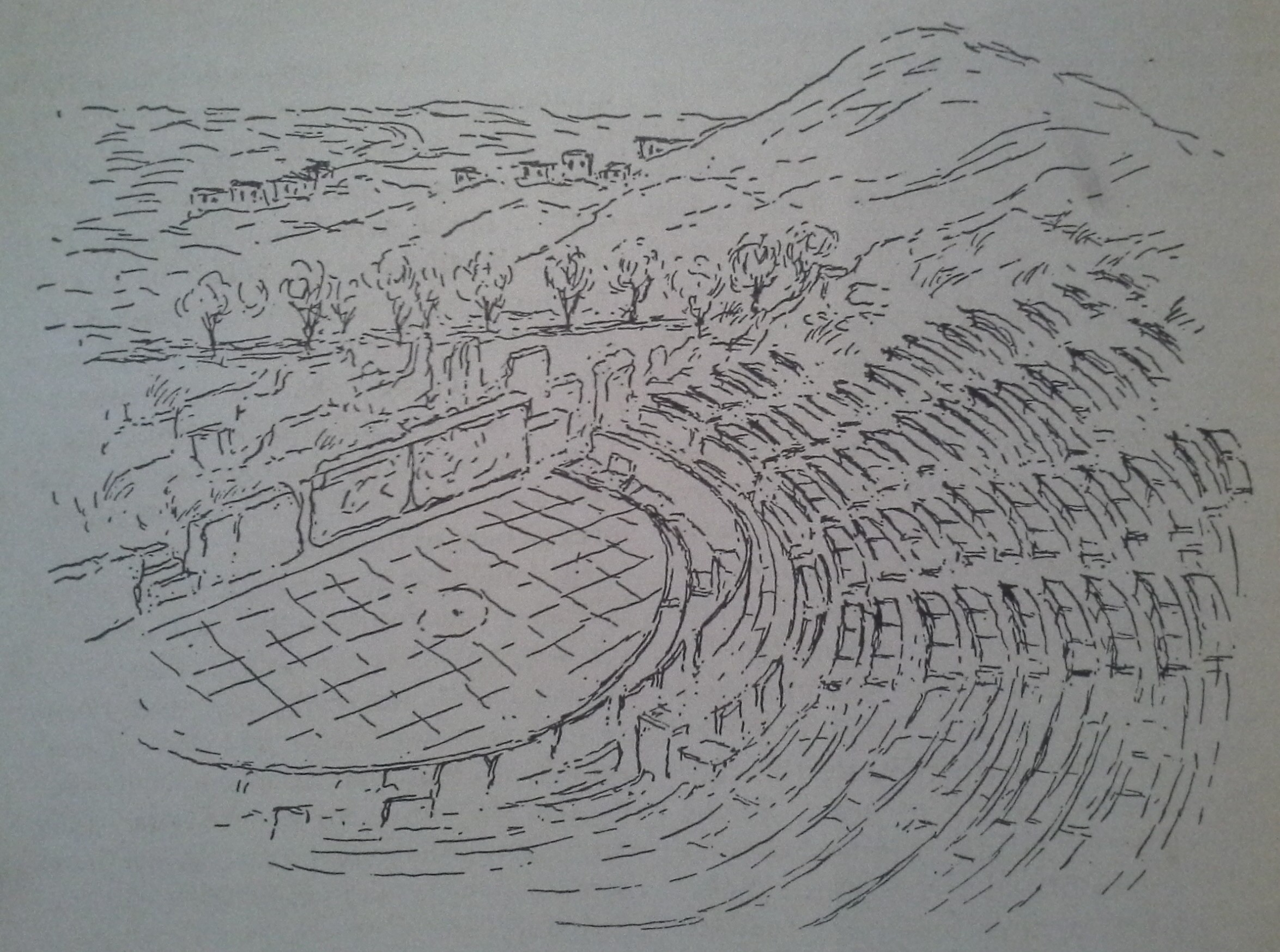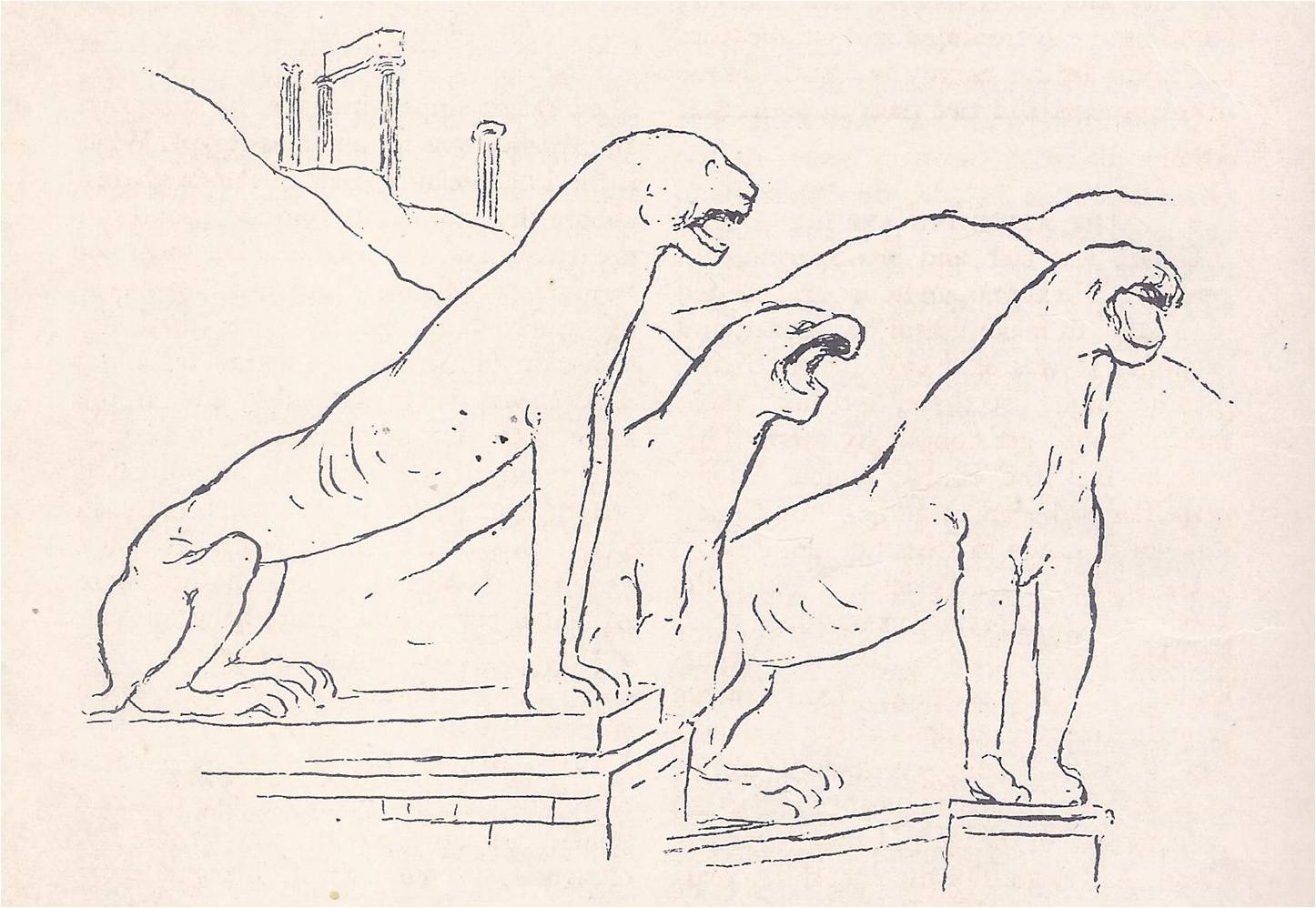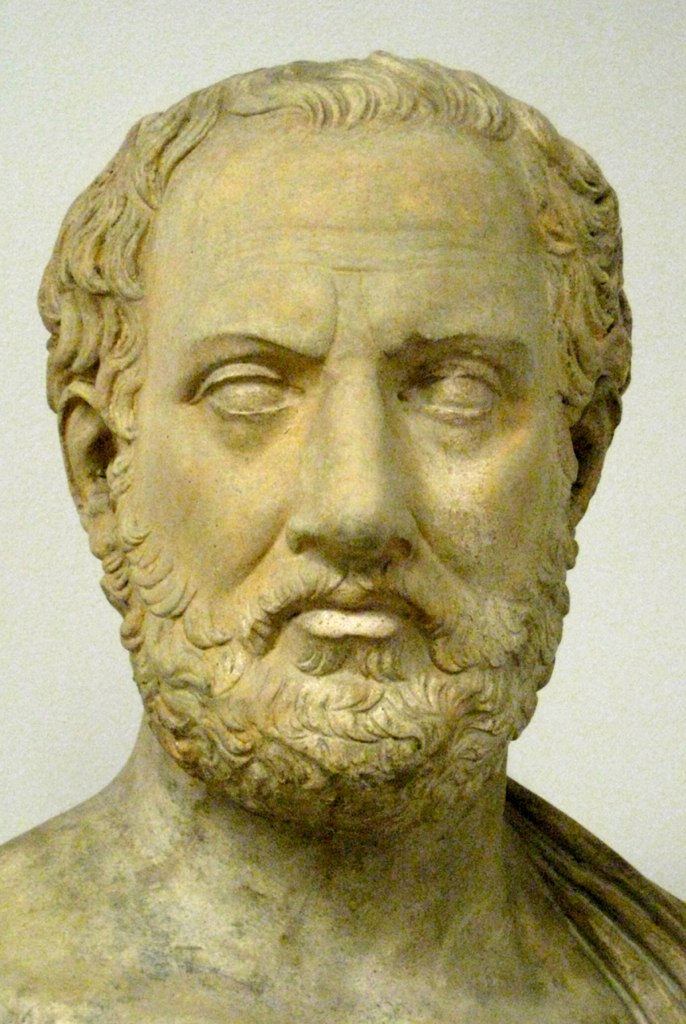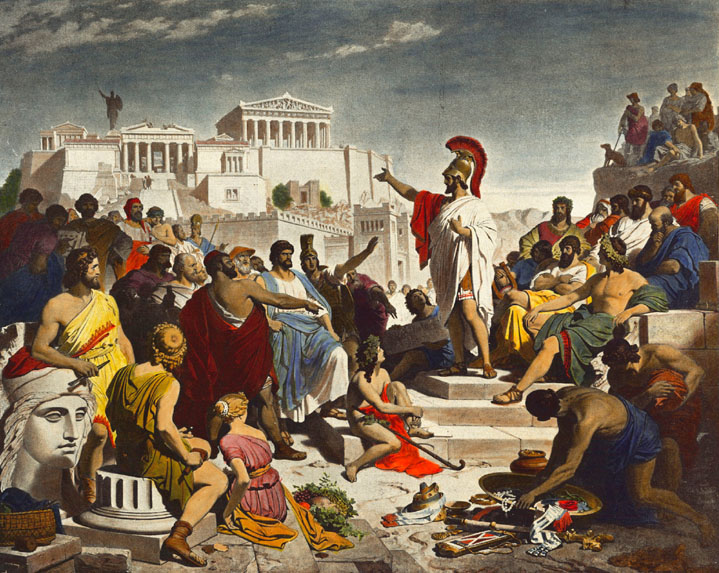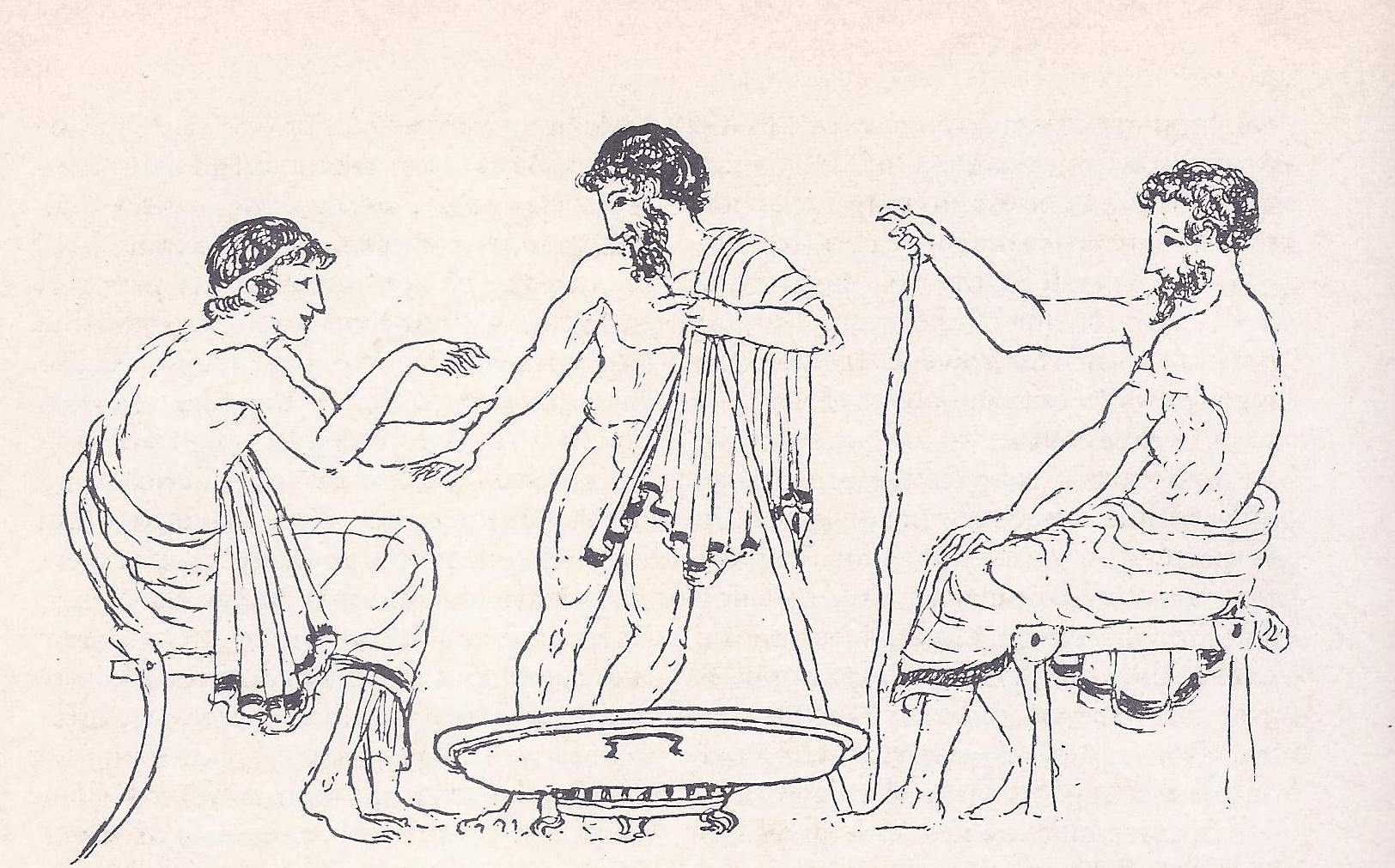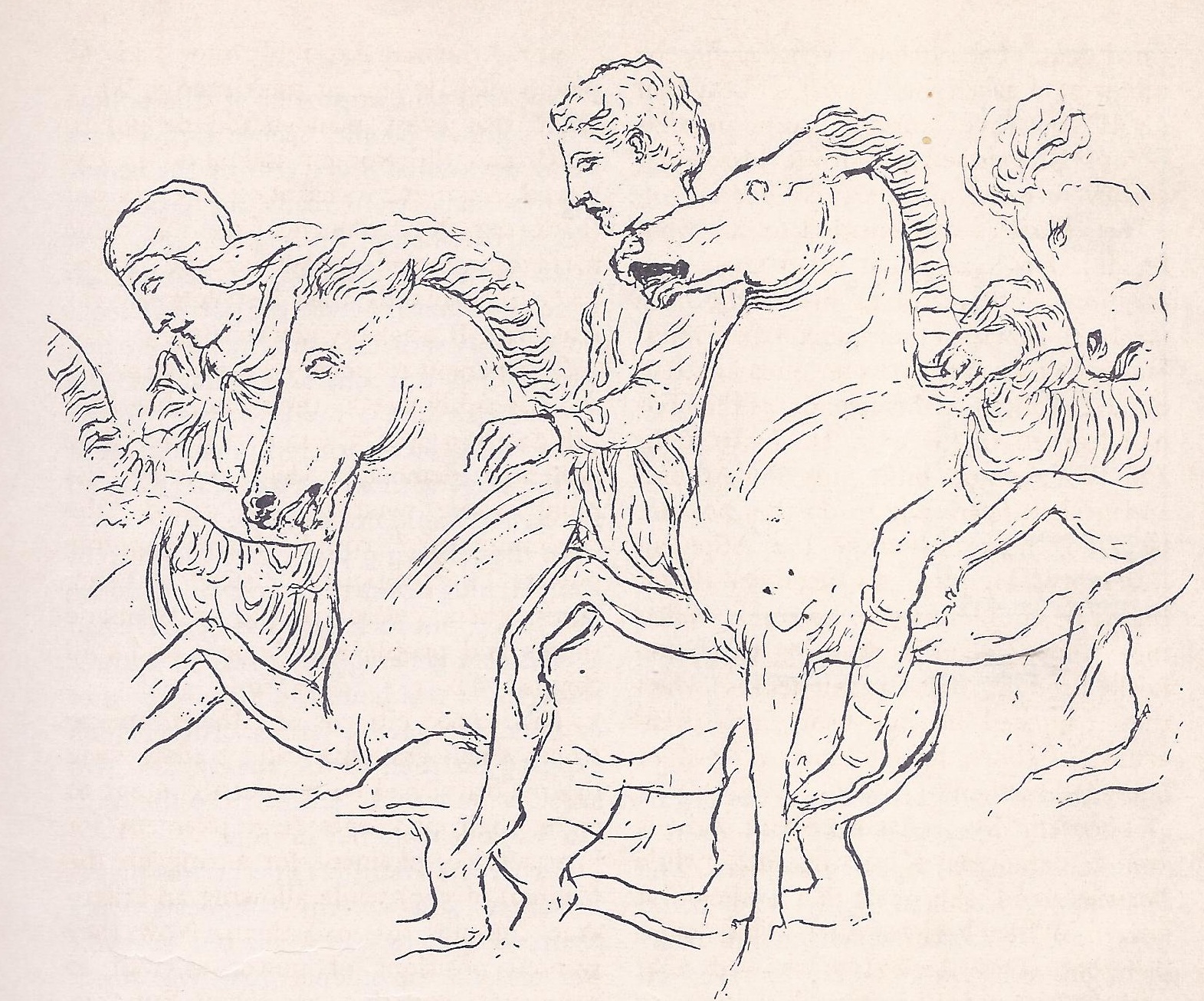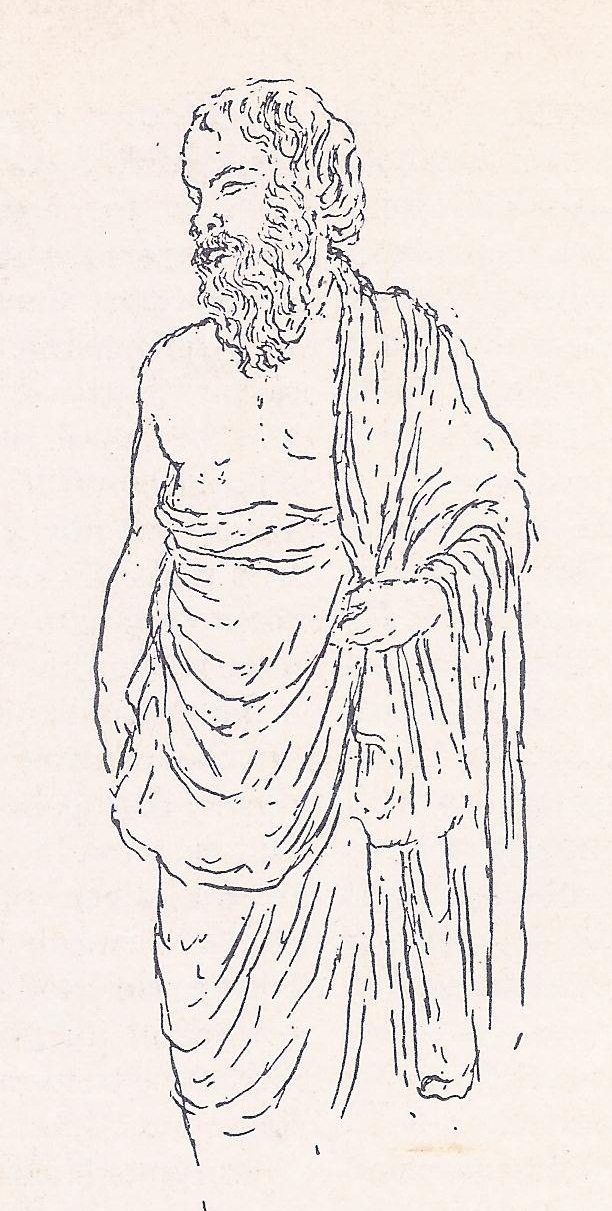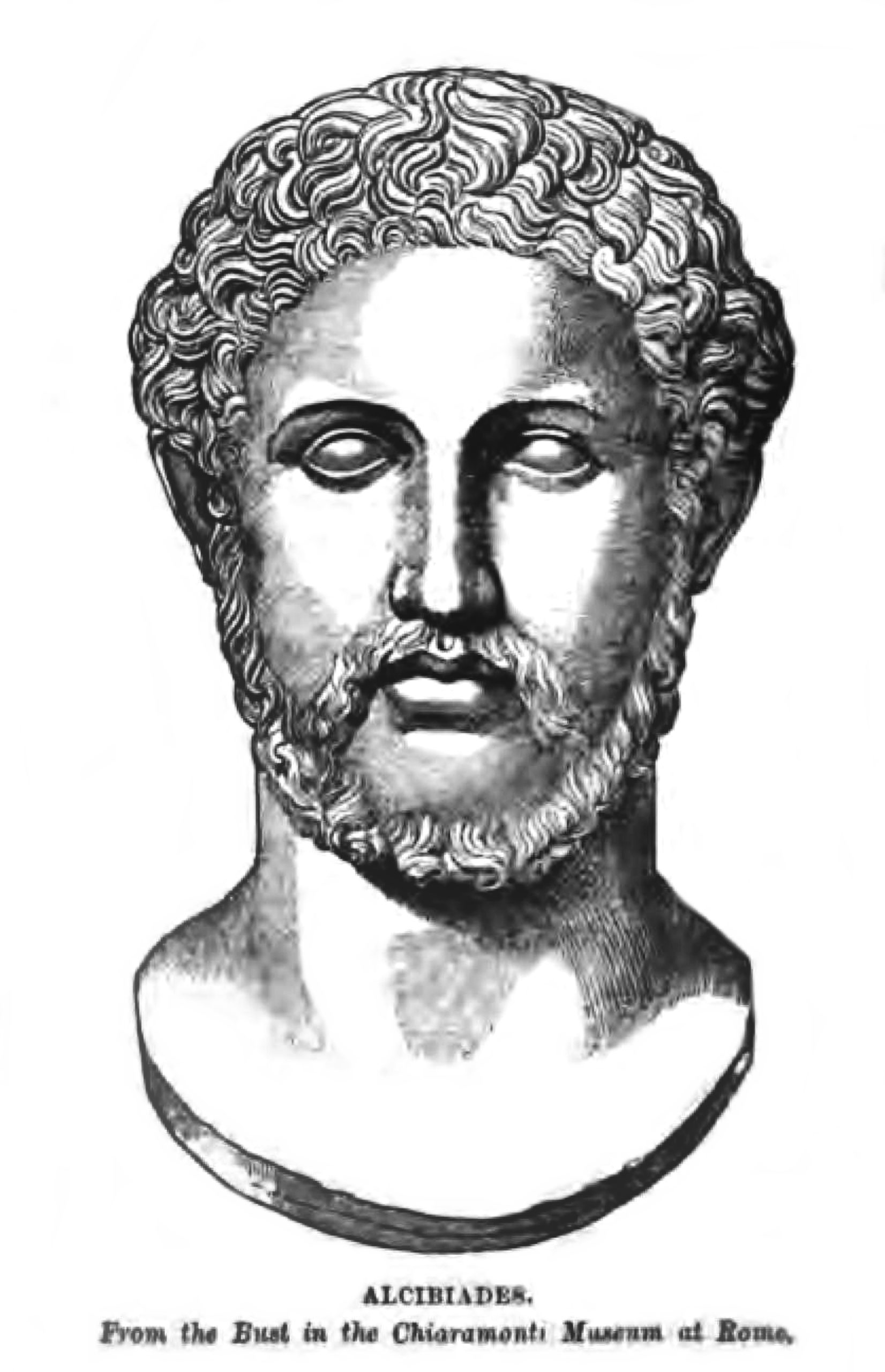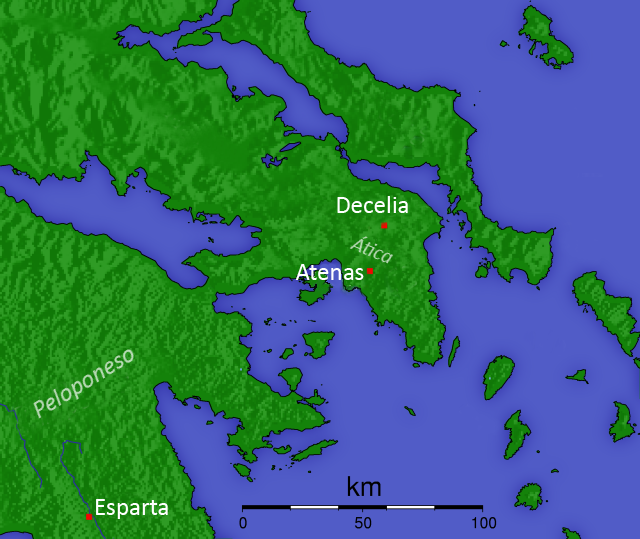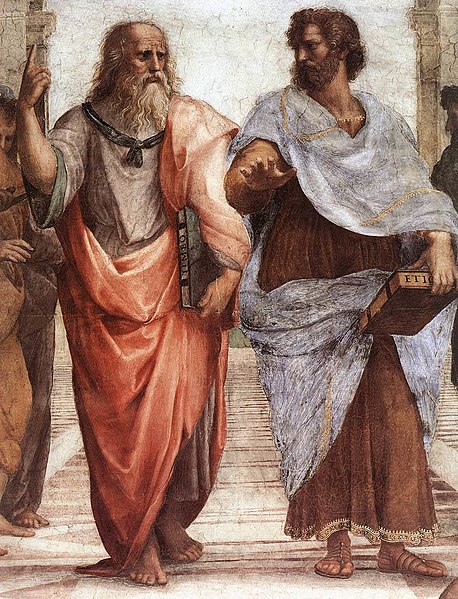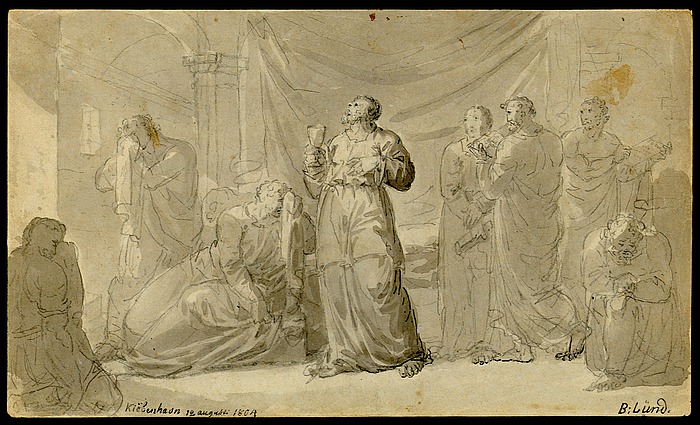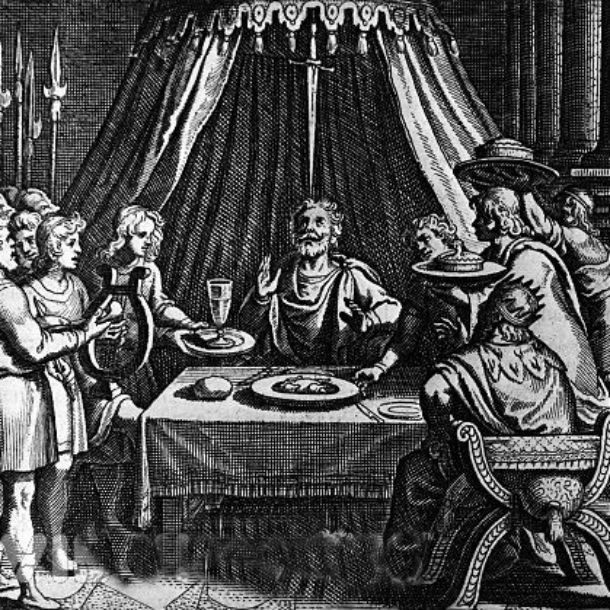Latest Posts
Lechfeld (955 A. D.)
Lechfeld, the battleground outside Augsburg on St. Lawrence’s day, 10 August 955 A. D., was highly significant for the whole
Cluny (950 – 955 A. D.)
Cluny, the Greatest Benedictine Abbey in Europe, was founded in 910. After the reign of the great Abd al-Rahman III,
Caliph of Cordova’s Library (950 A. D.)
Caliph of Cordova’s library, raised Cordova to its great eminence. It was Europe’s most glittering capital: a place where Moslems,
Early Civilizations to Modern Age
Gods and Heroes 800 B.C. – 550 B.C.
From island to island and town to town, across the wide new world of the Greeks, the minstrel wandered, with
Kings, Tyrants and Democracy 1000 B. C. to 100 B. C.
During the Dark Ages, the large kingdoms of Homer’s Achaean heroes had disappeared. The Greek world was now dotted with
Athens: City of Wisdom and War 700 B. C. to 500 B. C.
Of all the city-states in Greece, Athens was the most fortunate. The city’s guardian was Athena, the goddess of war
Distant Past and New Challenges
Milestones of History
Arminius, Liberator of Germany (9 A.D.)
By 9 B.C. it seemed that Augustus’ ambition to extend Roman territory to the Elbe had almost been achieved, but
Jesus of Nazareth, Saviour God of a New Religion (30 A.D.)
Jesus of Nazareth, his life and death, for Romans alive about A.D. 30 was of no significance whatsoever. In the
Revolt and Destruction of Judea (30 – 70 A. D.)
Judea was destroyed and it’s people were scattered due to revolt in the East. Herod the Great died in the

